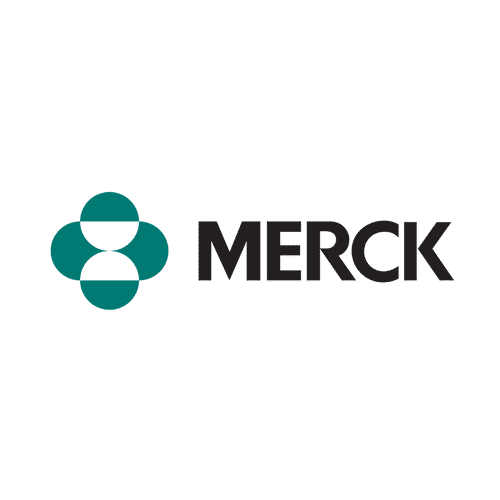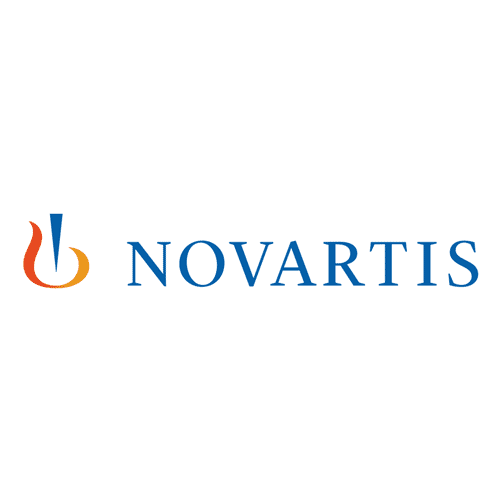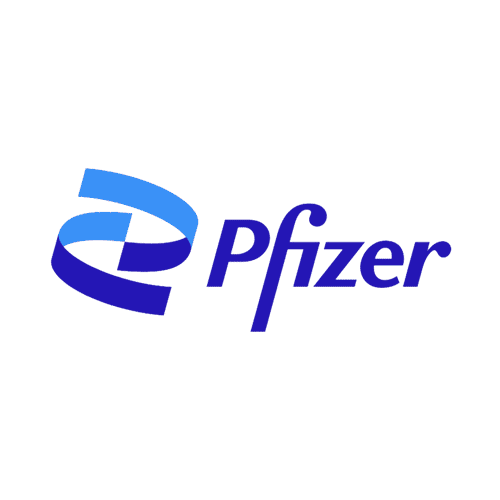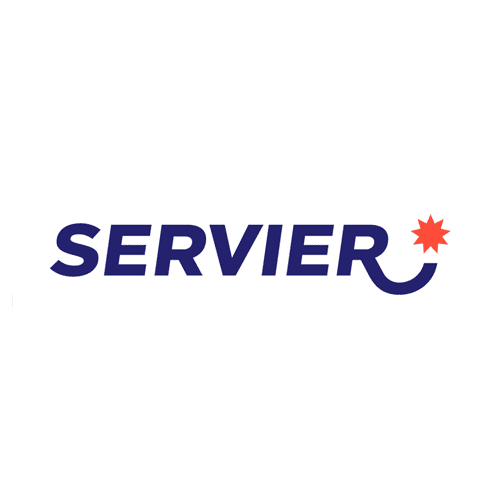
Messenger RNA

The Alcimed team supports its clients in navigating the landscape of RNA technologies, the potential for their therapeutic usage, the issue concerning RNA therapies, especially the recent advancement of mRNA therapies with the approval of the 1st mRNA vaccines.
They trust us









The challenges related to messenger RNA or mRNA
With the launch of COVID-19 mRNA vaccines, the mRNA therapeutic market has changed forever with an expectation that it will quickly accelerate bringing products to market. While mRNA vaccines have proven extremely effective, the general reception to their introduction has not been uniformly positive, raising interesting questions about the path for the mRNA therapeutics market to find long term sustainable growth.
The main challenges for the mRNA therapeutic market are:
As with any new technology, developing a robust supply chain of raw materials is an important feature of scaling up any new technology. The availability and consistency of raw materials used in mRNA therapeutics and vaccines are of variable quality and quantity. This will mean encouraging the development of a robust mRNA technology ecosystem to ensure that the ancillary technologies needed to bring these therapeutics and vaccines to market are not rate limiting as the field tries to rapidly expand.
What does a scalable manufacturing plan look like for mRNA? Are redundancies required for raw materials providers? What partnership investments or acquisitions are necessary to ensure that manufacturing capacity keeps up with demand?
The successful launch of COVID-19 mRNA vaccines as the clear efficacy winners in a furious race to the approved vaccine finish line clearly indicates that mRNA technologies have some strong advantages in terms of R&D development time and strength of target expression. However, the storage and stability requirements of the current mRNA vaccines creates logistical issues that will need to be overcome in the long run in order for mRNA therapies to be universally used in different health care settings.
What are the technical improvements to mRNA therapies to make them more thermostable? Can our current drug delivery chain handle the storage and stability requirements of our current formulations? Which players will be able to make RNA therapies more accessible without dramatically increasing the cost of goods?
Despite the enthusiasm for confirming the efficacy of mRNA vaccines with real world evidence, negative reports of side effects from the vaccines have been widely reported in the news media, creating doubt as to the safety of mRNA vaccines. Questions remain as to whether those safety concerns will perpetuate as non-vaccine mRNA therapies come to market.
Can reformulation decrease the frequency and duration of adverse reactions without sacrificing efficacy? What kinds of stakeholder engagement will be necessary to overcome these perceptions? Will this alter the clinical path to market for mRNA vaccines and therapies?
The biggest challenge for mRNA therapies in the short run is choosing a direction to go in. With a strong protein expression proof of concept, there are few limitations on potential therapeutic usages for mRNA therapies at the moment, so the challenge will be being selective about which pipeline targets to develop.
Which mRNA technologies are best suited for vaccines vs. cancer therapies? Which unmet needs are mRNA technologies most suited for fill? What is the right pipeline strategy?
The ideal mRNA technology formulation suited specifically for mRNA vaccines versus mRNA therapeutics for protein expression for oncology or rare diseases has not yet been determined. Therefore, it is crucial for companies to make the correct platform choices that align with their therapeutic directions (including through partnerships) regarding:
- efficient addressing and targeted delivery (LNP etc.)
- achieving for therapeutics (vs. vaccines) the right balance of efficacy vs. immunogenicity – for example using modified bases, LNPs targeted for a particular cellular target, or self-amplifying mRNA strategies to achieve different ends.
What mRNA technology platform will best serve the product pipeline? What are the emerging technologies and how should they be incorporated into the portfolio to remain cutting edge? What are the key partnerships to establish in R&D to be able to direct future technological enhancements?
How we support you in your projects related to messenger RNA or mRNA
Alcimed supports its clients in understanding the mRNA technology market in order to better apprehend the challenges of the field, and in the development of new mRNA vaccines and therapeutics.
We thus support decision-makers in the healthcare industry (executive committees, new product strategy, marketing, technology innovation, R&D, …) on exploring this market and in their mRNA projects. We are well prepared to help our clients in pharma and biotech, both well-established and emerging, exploring this promising field, such as Moderna, Genzyme (Sanofi), Sanofi Pasteur, just to name a few.
The wide variety of our clients (pharma players, biotechs, research centers, startups,…), from around the world, and of the types of projects we carry out, gives us a global and in-depth understanding of the changing dynamics in this rapidly growing field. When combined with our extensive expertise in vaccines, oncology, and rare diseases, Alcimed can provide a comprehensive strategic outlook on just how disruptive mRNA technology will be.
What they say


"Alcimed bring in some cross-industry views, which I just do not have the capacity to see myself."
Philip HO
Global Vaccines Public Affairs
Examples of recent projects carried out for our clients in mRNA
Characterizing and sizing mRNA therapy market potential
Alcimed worked with a major biotech player to understand the potential market opportunity of a new mRNA therapeutic in the cardiology space.
Alcimed analyzed the full picture of the targeted cardiac disease, detailing the epidemiology, economic burden, current standard of care, unmet therapeutic needs, and an understanding from key opinion leaders why so many potential therapeutics have already failed to show efficacy in the space. Based on this analysis, Alcimed was able to model what the potential peak sales would be for the new mRNA therapeutic based on how they would likely fare against the current and potential future competitor therapies in the space.
Our client was able to leverage Alcimed’s analysis to make crucial go/no go decisions on the R&D pipeline project, eventually leading to green lighting the program and landing a crucial development partnership with a major pharma player.
Analyzing Go To Market readiness for mRNA manufacturing ramp up
In anticipation of launching their first product, Alcimed helped a up and coming biotech company assess their manufacturing capabilities and logistics to identify potential bottlenecks in ramping up to full scale production.
Alcimed specifically surveyed the manufacturing plan for raw material sourcing to ensure sufficient supply of key ingredients from reliable partners.
The client was able to make key partnership and purchasing decisions to ensure that their manufacturing scale up had the correct contracts in place for both primary suppliers and secondary suppliers in order to smoothly transition in house from solely pre-clinical development to full scale manufacturer.
mRNA vaccine landscape analysis and dynamics post COVID-19
With the introduction of COVID-19 mRNA vaccines, Alcimed helped a major pharma player understand the potential post-pandemic landscape for mRNA vaccines.
By evaluating the different types of mRNA vaccine technologies being explored, the current reception and understanding of mRNA vaccines by the larger healthcare community, and the mRNA vaccine trends seen by key opinion leaders, Alcimed constructed a near future landscape of likely mRNA vaccines to hit the market after COVID-19.
Our client was able to use this landscape to evaluate shifts in risk to their new product pipeline, based on likely age groups, disease targets, and identified mRNA platform differentiators.
Analysis of RNA technology in therapeutic usage
mRNA technologies are not the only RNA technologies available for therapeutic usage. Alcimed helped a major pharma client to explore the clinical history of non-mRNA technologies, such as aptamers, anti-sense, small interfering RNAs, and microRNAs to map which disease indications are best suited to targeting by the different RNA technologies.
A full analysis of clinical trial success, disease indications of marketed products by RNA technology type, and current RNA technology players, enabled our team to help our client to devise the best strategy for developing a robust RNA technology platform for developing a wide range of RNA therapeutics, including the technical elements required and the key partners to engage.
Strategic positioning of an mRNA therapeutic in rare disease for a biotech company
Our team supported a biotech company in building a value proposition for an enzyme replacement therapy in the rare disease space.
We investigated the unmet medical needs left by current therapies in the space and analyzed how mRNA therapy could serve as an efficient enzyme replacement in a disease caused by a gene mutation that prevents the expression of a highly necessary enzyme. The frequency of dosing and delivery mechanisms were also evaluated as key components of driving a better patient experience over the lifetime of the therapy’s usage.
In the end, our team provided our client with a solid recommendation on the strategic positioning of the product to maximize patients’ quality of life in the long run as a key differentiator in the space.
Estimation of the growing demand for mRNA and its future evolution
Alcimed worked for a leading healthcare player on a project aiming at estimating the growing demand for mRNA and its future evolution to provide an analysis of the current CMC players and the manufacturing capabilities for in-vitro transcribed mRNA (IVT mRNA).
Our team delineated the trends in the space by evaluating the future potential of IVT mRNA as a promising technology in the therapeutic space.
In the end, we provided recommendations on the most suitable production portfolio among the top 6 CMC players manufacturing mRNA.
Competitive watch of mRNA manufacturing processes for a pharma player
Alcimed helped a major pharma player to understand how their competitors in the space were able to accelerate their mRNA manufacturing process for phase 1 clinical trials.
To do so, our team mapped and evaluated the connected networks of CDMOs used to test and produce mRNA for preclinical testing transitioning into GMP samples needed for clinical trials. Then, we analyzed the development timelines and strategies used by competitors in order to conduct a gap analysis of our client’s current manufacturing process.
With these identified gaps, we built an action plan to increase mRNA manufacturing speed as well as provided recommendations to our client on key criteria for leapfrogging their competition.
You have a project?
To go further
Healthcare
Pandemic preparedness: are we ready to face the next pandemic with mRNA Technology?
Is mRNA the key to pandemic preparedness? Will the manufacturing speed of mRNA vaccines be sufficient to thwart future pandemics?
Healthcare
mRNA vaccine development in oncology: what will the future bring?
Alcimed discusses the current status of mRNA vaccines in the field of oncology and sheds a light on what the future may bring.
Healthcare
How are mRNA vaccines transforming the pharmaceutical manufacturing?
Clearly, the Covid-19 pandemic boosted the development of mRNA vaccines. Alcimed explores how mRNA vaccines might transform the pharmaceutical manufacturing in the future.
Founded in 1993, Alcimed is an innovation and new business consulting firm, specializing in innovation driven sectors: life sciences (healthcare, biotech, agrifood), energy, environment, mobility, chemicals, materials, cosmetics, aeronautics, space and defence.
Our purpose? Helping both private and public decision-makers explore and develop their uncharted territories: new technologies, new offers, new geographies, possible futures, and new ways to innovate.
Located across eight offices around the world (France, Europe, Singapore and the United States), our team is made up of 220 highly-qualified, multicultural and passionate explorers, with a blended science/technology and business culture.
Our dream? To build a team of 1,000 explorers, to design tomorrow’s world hand in hand with our clients.
Where DNA is the main library for genetic information, RNA is the librarian and translator, ensuring that the right genes get expressed at the right time and place. The central figure of gene expression is messenger RNA or mRNA, directly translating the information stored in the genome into functional proteins. Other types of RNA, such as microRNA and siRNA, are capable of regulating how mRNA translate into proteins, either to enhance or silence their expression. All of these forms of RNA make up the field of RNA therapies.
The first RNA therapy was approved for use in 1998 to treat CMV retinitis using antisense RNA technology. There are now 6 antisense therapies on the market. There are also 2 small interfering RNA technologies and 1 aptamer RNA technology approved for use. The diseases covered by these therapeutics covers a wide range already. The proof of concept of mRNA therapies with mRNA vaccines used in response to the COVID-19 pandemic with excellent efficacy makes the therapeutic usage of RNA technologies largely unlimited. We anticipate that mRNA therapies, especially mRNA vaccines to rapidly accelerate in their preventative and therapeutic usage in the near future.
The value of the global mRNA combined vaccines and therapies market will grow to around 60 billion USD by the year 2030. The mRNA market was already at roughly 30 billion USD in 2022, growing at around 10% CAGR by 2030.




